11 Expert-Recommended Ways to Build New Muscle at 40+
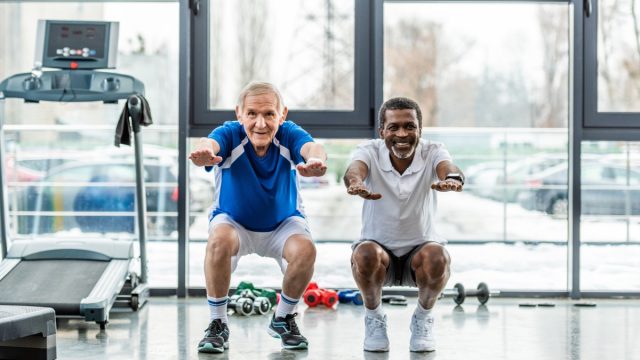
It’s a simple fact of life. “Yes, it does become increasingly more difficult to build muscle with advancing age,” says Robert Iafelice, MS, RDN, LDN, a registered dietitian and nutrition expert at Set for Set. “The main reason is that aging muscle is less sensitive to anabolic, or muscle-building, stimuli, primarily from amino acids like protein and resistance training.” What’s more: muscle mass naturally declines with age, a process called sarcopenia. After the age of 30, muscle mass declines about 3% to 5% per decade. But it’s far from a lost cause. Building new muscle has multiple health benefits—muscle burns more calories than fat, keeping your metabolism humming, and strengthening your muscles keeps your bones strong too. Clearly, resistance training is key. But what are the best ways to go about it? These are 11 expert-recommended ways to build new muscle over 40.

Compound movements—resistance-based exercises that work more than one muscle group at a time—are best for building muscle at any age, but particularly after 40. “Building muscle is one of the best ways to keep a high quality of life as we age,” says Gini Grimsley, MS, CSCS*D, a certified strength and conditioning specialist and director of fitness product training for VASA Fitness. “The big movements like squats, hinges, lunges, and upper body pushing and pulling will challenge more muscle per set when compared to more isolation-based exercises.”

Using enough weight for a challenging set of eight to 12 reps with ensure you’re building strength as well as muscle. “A good way to find what weight will be enough of a challenge to elicit a muscle-building response is to pick a weight that you’re comfortable with and then completing as many reps as you can,” says Grimsley. “Rest one to two minutes and repeat this process until you find a weight that gets you into the eight to 12 range.”
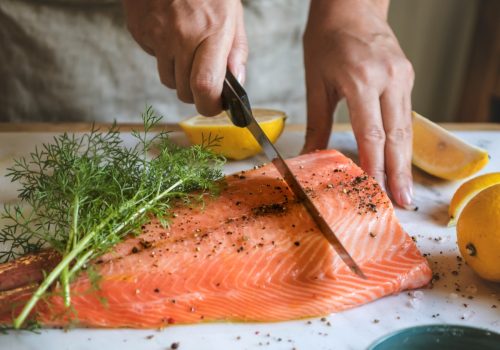
“Protein is the building block of muscles,” says Chrissy Arsenault, RDN, a registered dietitian with Trainer Academy. “Include sources of high-quality protein in your diet such as lean meats (chicken, turkey), fish, eggs, dairy products (Greek yogurt, cottage cheese), legumes (beans, lentils), tofu, and tempeh. Protein should be a part of every meal to support muscle repair and growth.” How much protein do you need? “Every adult should target 30 to 50 grams of high-quality protein at each meal,” says Iafelice. “People over 40 should shoot for the higher end of the range, about 40 grams, particularly at the first and last meals of the day. In terms of total daily protein, about 1 gram of high-quality protein per pound of body weight is ideal, give or take.”
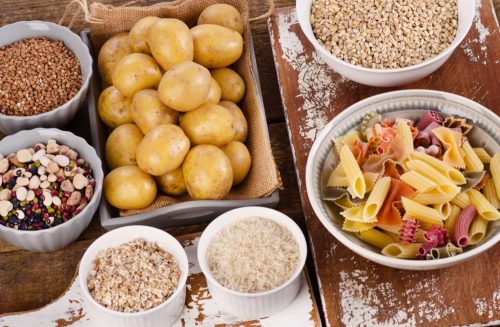
Make sure your diet contains adequate complex carbohydrates. “Carbohydrates provide energy for your workouts,” explains Arsenault. “Opt for whole grains like brown rice, quinoa, whole wheat bread, and oats. These carbohydrates release energy slowly, providing a steady source of fuel for your muscles.”
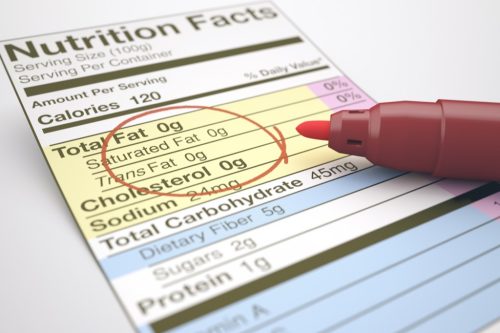
Likewise, avoiding all fats will be counterproductive. Reduce saturated and trans fats but save space on each plate for healthy fats, such as avocados, nuts, seeds, and fatty fish like salmon and mackerel, Arsenault recommends. “Healthy fats support hormone production, including testosterone, which is essential for muscle growth,” she says. “And, omega-3s support heart health as you age, which is important. Omega-3s are nutrients your body cannot produce on its own.”
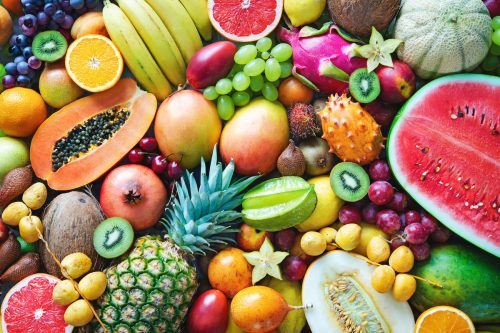
“These provide essential vitamins, minerals, and antioxidants that support overall health, including muscle function,” says Arsenault. “Aim for a variety of colorful fruits and vegetables to ensure you get a wide range of nutrients. I typically recommend that my older adult clients incorporate 2-3 colors into each meal.”

“Prioritize sleep like it’s your job,” advises strength and conditioning coach James de Lacey. “It’s during sleep that your muscles repair and grow. Skimping on sleep is like hitting pause on muscle gains.” Experts including the National Sleep Foundation recommend getting seven to nine hours of quality sleep every night.

“Proper hydration is essential for optimal muscle function and recovery,” says Arsenault. “Drink water throughout the day, especially before, during, and after workouts.”

Arsenault recommends having a balanced meal with both protein and complex carbohydrates after your workout. “This combination helps replenish glycogen stores and provides amino acids for muscle repair and growth,” she says.
RELATED: 2 Alternatives That Are Just As Beneficial as Walking 10,000 Steps
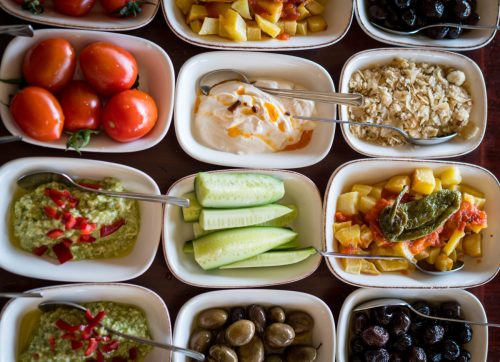
“Be mindful of portion sizes to maintain a healthy weight as your metabolism slows down as you age,” says Arsenault. “Excess body fat can hinder muscle definition and make it more challenging to build and maintain muscle mass from your workouts.”

“Patience is your new workout buddy,” says de Lacey. “Building muscle takes time, especially after 40. Celebrate small victories, and keep grinding. Age is just a number; gains don’t have an expiration date.”